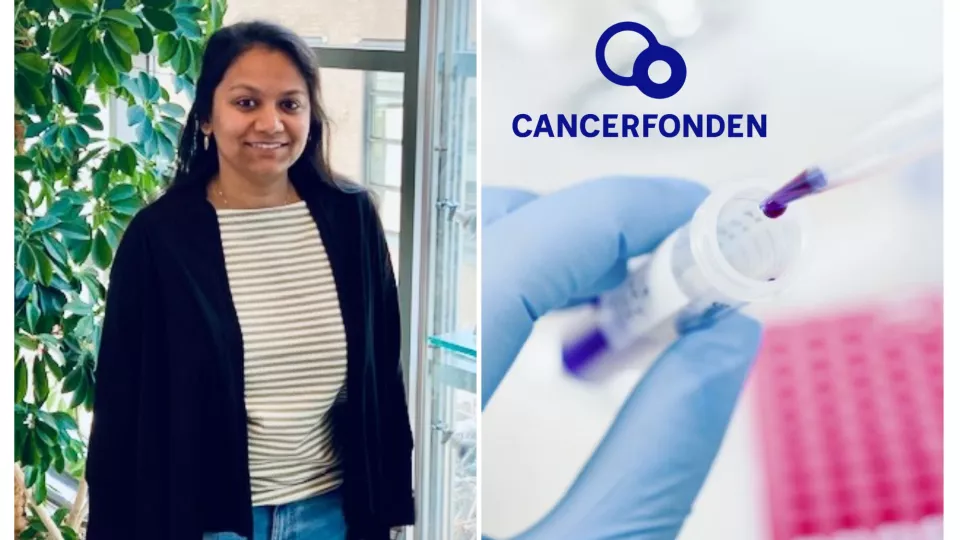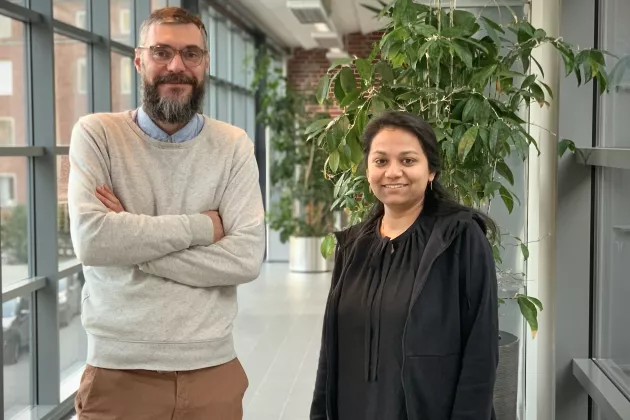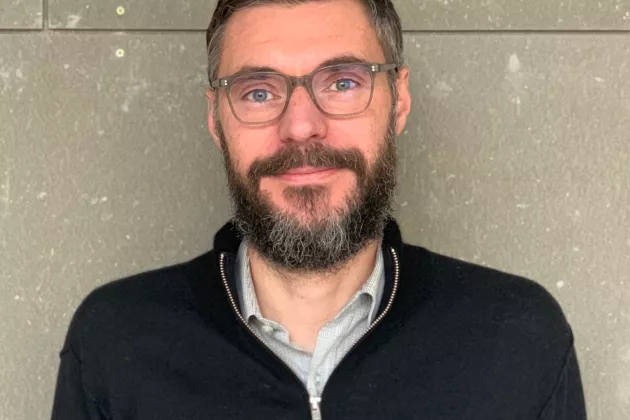Since the 1950s, Cancerfonden has funded the foremost cancer research in Sweden, disseminating knowledge about cancer to save lives.
This year Sowndarya Muthukumar, Ph.D., was among the two postdoctoral researchers from Lund University to be awarded a postdoctoral fellowship by Cancerfonden. Sowndarya, originally a biochemist with expertise in structural biology, joined Lund Stem Cell Center more than two years ago, as a researcher with the Bellodi Research Group.
“The Bellodi Group has great expertise in conducting translational research, research which results in direct benefits for humans. My rationale for joining was to further develop into a well-rounded scientist with expertise not just in research related to molecular biology but also in research that more directly impacts patients. Essentially bringing together the best of both research worlds,” explained Sowndarya.
According to the World Health Organization, cancer is the leading cause of death worldwide, accounting for nearly 1 in 6 deaths in 2020. This means that many of us are no stranger to this large group of diseases. For Sowndarya this is no different, and while her personal experiences may have inspired her initially to enter the realm of cancer research, she has also found another common thread that has helped to guide her to where she is today – Ribonucleic acid or RNA.
RNA is a molecule that is found in all living organisms and is important to the function of our cells. For Sowndarya, she has had a long-standing interest in understanding the relationship between RNA structures and their chemical modification since the start of her scientific career. As an emerging research field, increasingly important for cancer biology, this is something Sowndarya plans to continue to investigate over the next three years, as part of her project funded by Cancerfonden.
“How cancer cells use RNA modifications still remains poorly understood. It is only now becoming a revolutionary avenue of research in molecular biology and medicine. This is in part because, we are finding that specific types of modifications can influence how cells behave and transform into cancer, which may potentially open many doors to explore and learn from,” said Sowndarya.
Sowndarya’s three-year project will focus on how prominent “cancer-promoting” genes or oncogenes, can “hijack“ RNA modifications to impact the onset of a disease and the way it progresses. This will build on her previous research done with the Bellodi Research Group. In March 2022, their most recent results were published in Nature Cell Biology where they identified new essential roles for RNA molecules in directing the malignant transformation of stem cells, with implications for understanding the development of aggressive blood cancers.
Based on these findings, and previous work from the group, Sowndarya will continue to explore how intrinsic changes in the cell’s RNA may be key for the development of blood cancers and solid tumors caused by the alteration of these oncogenes. "I hope that this project will provide completely new insight into how major oncogenes function, advancing our basic knowledge of the molecular events underlying incurable forms of cancer, which may pave the way for future therapeutic avenues aimed at developing more precise treatment for patients,” concluded Sowndarya.




